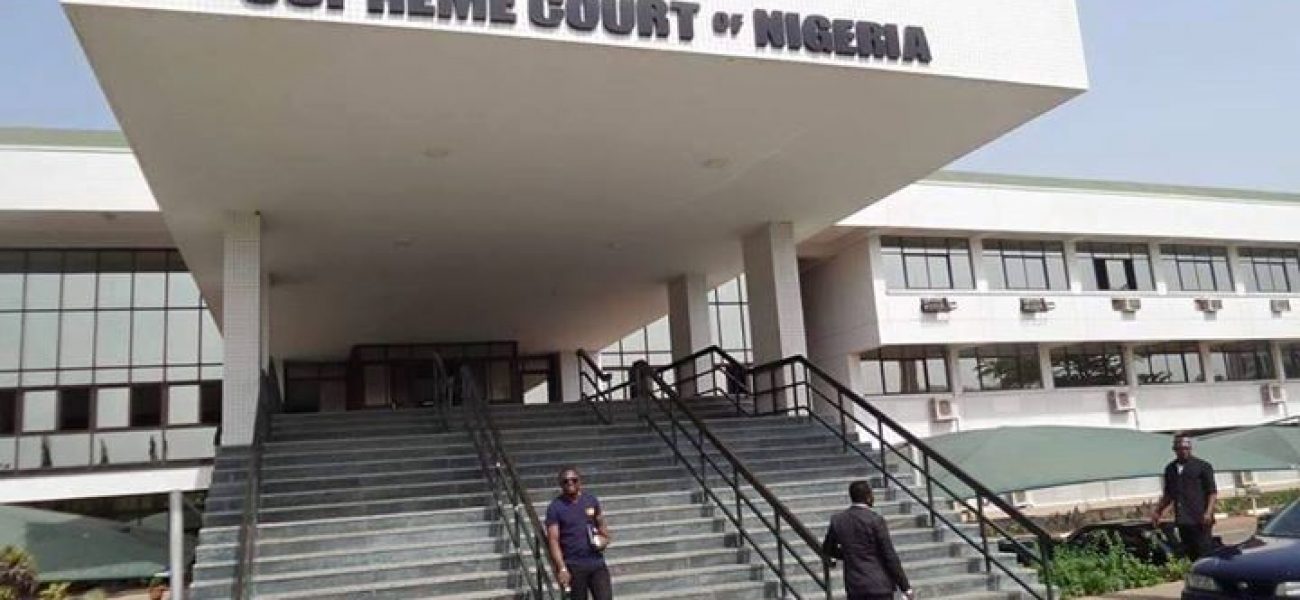The Nigerian Supreme Court on March 3 delivered its verdict in a case filed by 16 State governments challenging the introduction of newly ‘recoloured’ naira notes by the Central Bank of Nigeria (CBN). According to the Supreme Court, the naira ‘recolouring’ or redesign policy violated the 1999 Nigerian Constitution. It also ordered that the old versions of the N200, N500 and N1,000 notes should remain in circulation as legal tender, alongside the new notes until December 31, 2023. According to the Supreme Court, the policy was made unilaterally by the President without consultation of the National Council of States and it impeded the functions of State governments and the fundamental rights of Nigerian citizens. The Court also held that the policy was made without sufficient notice which is required by the Central Bank Act 2007. This decision appears to have put an end to legal tussle over a highly disruptive policy, although its implementation remains to be seen.
The CBN is yet to make any statement following the judgment. However, there are reports that some commercial banks in the Federal Capital Territory have commenced payment of the old N1,000 and N500 notes to their customers. The issue of rejection of old notes by business owners and traders remains, as these notes were largely rejected as the deadline for their use approached. Even with President Buhari’s directive for old N200 notes to be put into circulation for a period of 60 days, some people were still reluctant to accept them, in addition to the notes being hardly available.
Nigerians have faced untold hardship occasioned by inability to withdraw their money from the banks and the collapse of electronic banking platforms, following the initial deadline of January 31, for the use of old versions of the re-designed naira notes. Many citizens found it difficult to make transactions to meet their essential needs, exacerbating already existing challenges posed by scarcity of petrol and shortages of electricity supply.
If it must drive a cashless policy, the CBN will have to focus on tremendously improving banking technology, for effective and efficient implementation of such policy.

